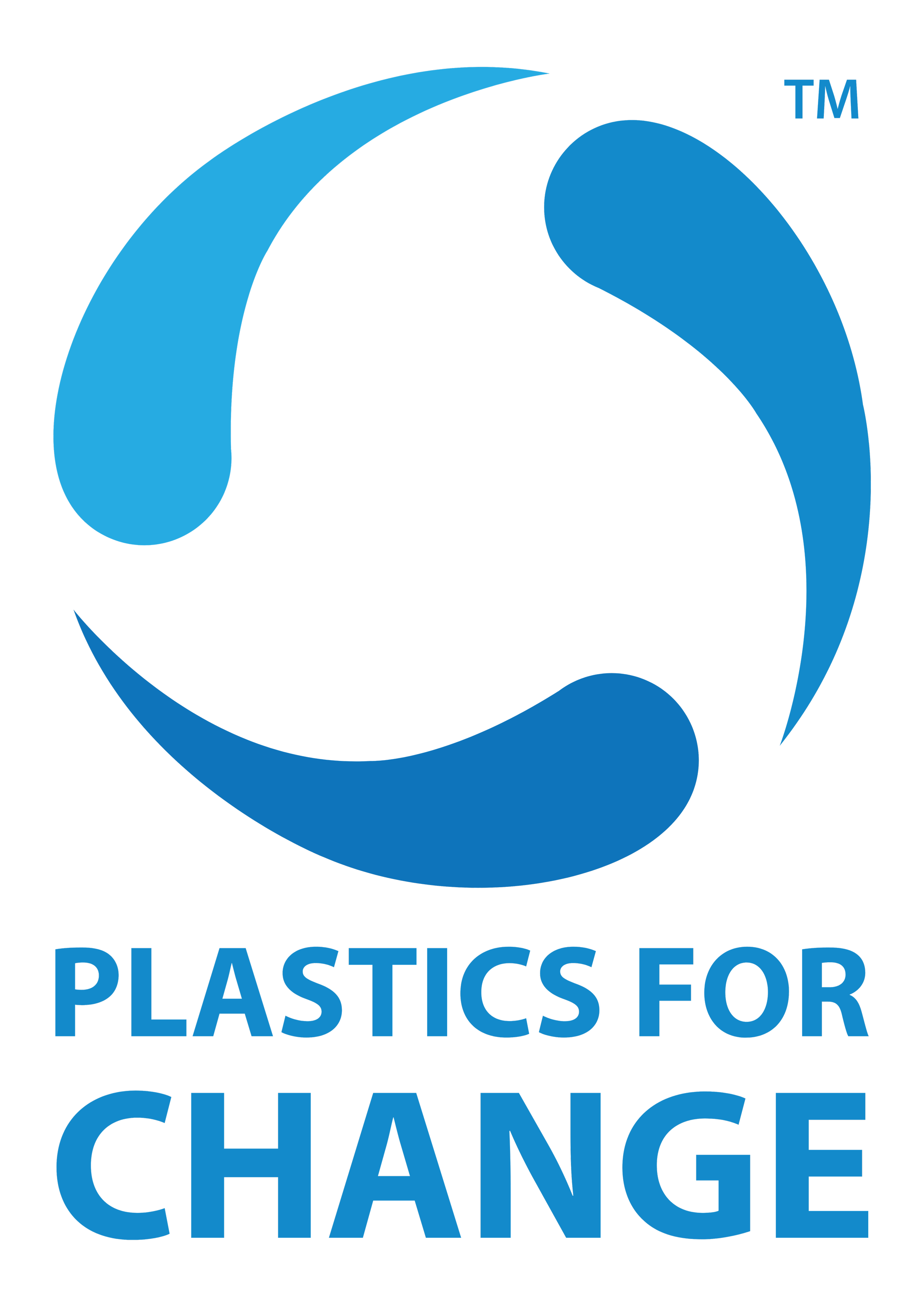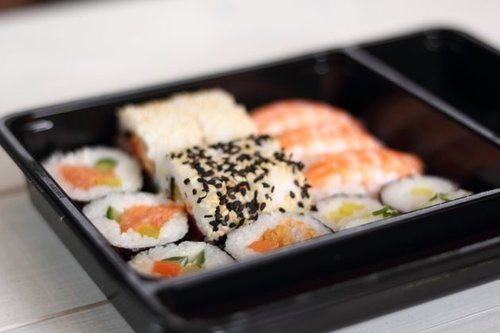In order to help you make better-informed decisions about the products that you buy, today we will go through the 7 different types of plastic, how they differ, and their impact on the environment.
Read MoreWe’re excited to announce that we’ve become one of the first companies in the world to be certified by the OBP certification. Introduced in 2020 by Zero Plastics Ocean in collaboration with Control Union Certifications, the program certifies companies that can guarantee that their products truly are, or originate from OBP and adhere to fair trade guidelines.
Read MoreThe recycling industry is a complex environment with myriads of different regulations being updated every few years. Here are the current regulations in force for the use of recycled plastic in the US, Europe and India.
Read MoreAlternatives to plastic are yet to be used efficiently on a large scale and so using recycled plastic in packaging seems like the most reasonable solution to the growing concerns of plastic pollution. Here are some reasons why you should use recycled plastic:
Read MoreAlternatives to plastic are yet to be used efficiently on a large scale and so using recycled plastic in packaging seems like the most reasonable solution to the growing concerns of plastic pollution. Here are some reasons why you should use recycled plastic:
Read MoreWhile recycling can be a tricky process to master, the last decade has seen many countries implement spectacular recycling methods. Read about how a few citizens and governments have worked together to tackle the waste crisis through recycling programs and initiatives.
Read MoreIt’s in the cars we drive, the technology we use, and the clothes we wear. Plastic is simply everywhere we look. It’s the material that radically changed society and has made modern life possible, in many ways.
But have you ever stopped and wondered: where does plastic come from? If yes, then read on, because you are about to find out!
Read MoreClear PET plastic is the most widely recycled plastic in the world. This is for good reason, the polymer chains break down at a lower temperature, so the chain isn’t degraded during the recycling process. Recently, GA circular released a report showing companies that make a PET bottle coloured instead of clear reduces its value in the South-east Asian recycling market by $84 a tonne. The report provides a blueprint for PET plastic to be part of the circular economy, encouraging the recycling of this valuable material.
Read MoreBlack plastic does not reflect light so cannot be sorted by the scanners. Some citizens have stopped putting black plastic in recycling bins, while some restaurants have stopped using black plastic in packaging.
Read MorePlastics For Change and The Body Shop announced a global partnership to launch the first fairly traded recycled plastic. Plastics For Change is certified under the World Fair Trade Organization, the certification announcement coincides in with World Fair Trade Day.
Read MoreTo mitigate the ocean plastic crisis we must move towards proper waste management. Every lever should work effectively from reduction to reuse to innovation. When the core elements of waste management are met, a huge leap towards a clean ocean will be made and human life will be improved in the process.
Read MoreHere are the top six factors inhibiting the circular economy in developing regions. We’ve compiled these factors from listening to the members of the informal recycling economy. After all, in developing countries 80-90 percent of the recycling activities are informal.
Read More












